Both systems generate language sequentially, and the smoothness or choppiness of that generation is a direct, observable measure of the ambiguity of the task and the resources required to resolve it.
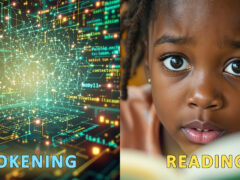

Both systems generate language sequentially, and the smoothness or choppiness of that generation is a direct, observable measure of the ambiguity of the task and the resources required to resolve it.
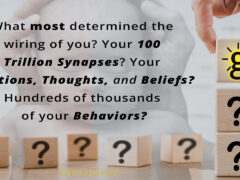
From trillions of synapses to close to a million behaviors, from the content of thought to all ways of thinking, more than any other determinant everything humans know and believe is mostly determined by
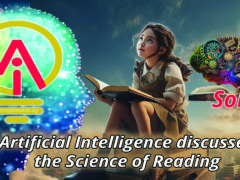
Indeed the established assumptions about the inherent stagnancy of text permanently dictate this offline, strategy-based model of reading instruction.
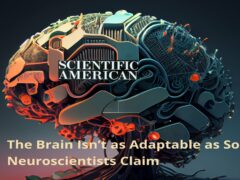
The Brain Isn’t as Adaptable as Some Neuroscientists Claim. The idea of treating neurological disorders by marshaling vast unused neural reserves is more wishful thinking than reality.
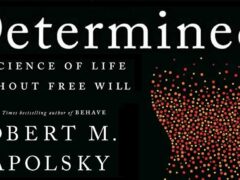
Stanford University professor Robert Sapolsky just released a new book called: Determined A Science of Life Without Free Will How could a field-leading behavioral neuroscientist claim we have no free will? He’s not being tricky. He has scientifically arrived at the conclusion that what we commonly call free will is an illusion. You can get […]
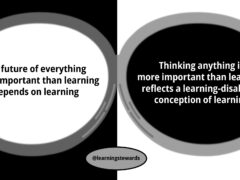
In a recent poll, I asked: “Within their possible agency, what’s more important to children’s futures than how well they can learn?” I gave two quick-choice responses and invited comments: 1 – Some things are more important 2 – Nothing is more important Between LinkedIn and Facebook, the poll received around 10,000 impressions, but only […]
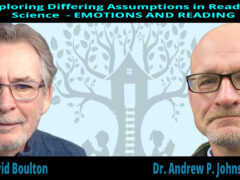
Dr. Andrew Johnson is a Reading Specialist and a Distinguished Faculty Scholar and Professor of Literacy at Minnesota State University. I, David Boulton, am a Learning Activist with Learning Stewards. Dr. Johnson and I have very different views about reading and the process of learning to read. We agreed to learn together and respectfully challenge […]
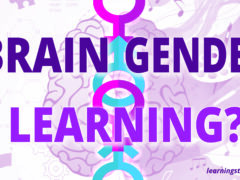
Learning genderizes our gender. Learning doesn’t determine gender – learning determines genderization.
Self-Reflection? The term “self-reflection” does not refer to our appearance in a mirror. It refers to focusing our attention inwardly, into ourselves. It’s about learning into who we are, how we are, and how we became and are continuing to become ourselves. In other words, self-reflection is a kind of learning in which we are […]
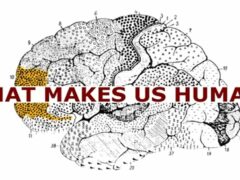
I share this article from “Neuroscience News” because it’s a good summary of interesting neuroscience, and because, like my prior post: “Sound In the Womb Provides Sound Learning Benefits“, it’s another example of how even neuroscience obscures the role of learning in our lives. First a bit of history. In early 2014, I encountered a […]
